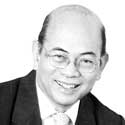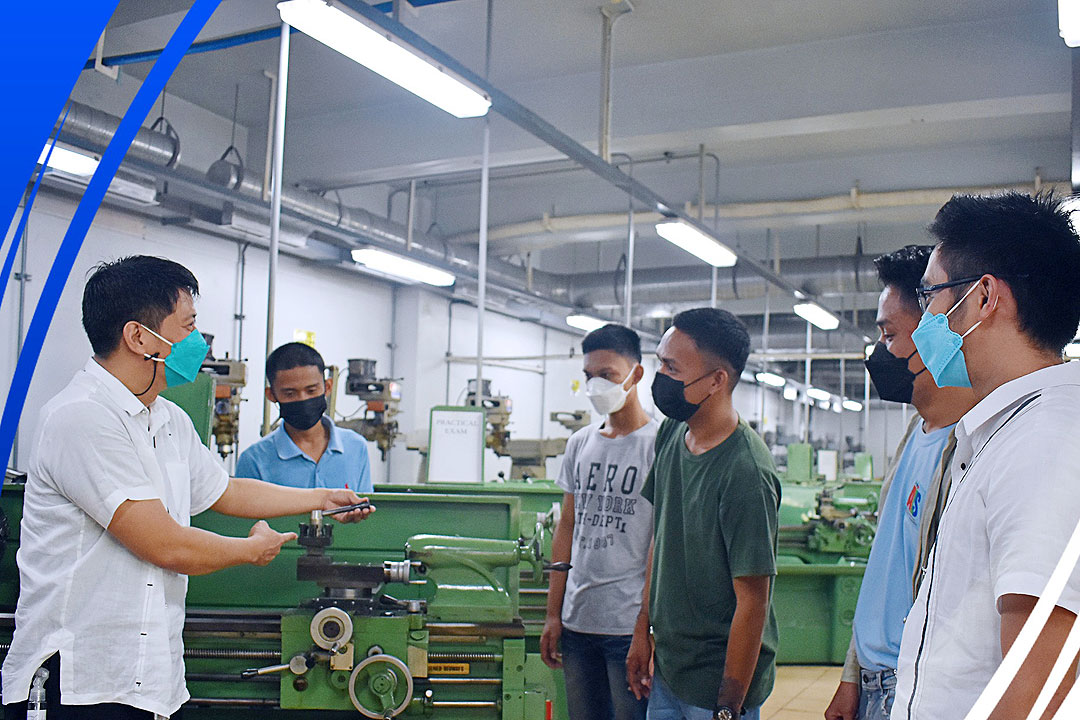
Human Side Of Economics
By Bernardo M. Villegas

(Part 2)
The improvement of the quality of the workforce in the education industry is conditio sine qua non for the attainment of its long-term goals. The Philippine Business for Education (PBEd) has formulated a workforce development program targeted at improving employment outcomes.
The long-term goal in human resource planning for the Philippine education sector is a highly skilled workforce that is able to lead productive lives and support Philippine competitiveness.
Again, let us be reminded that here we are discussing education as an industry sector of the Philippine economy. Education as such has many more concerns than just economic development which is just a part of total human fulfillment, which, in the final analysis, is the ultimate goal of education.
A highly skilled workforce can be attained through well-defined competencies which are articulated in the curricula, recognized by companies and reflected in the resulting credentials. It is also imperative that there is institutional industry participation in lifelong learning.
Especially in imparting technical skills, the ultimate in industry participation in the learning process is found in the German-inspired “dualvoc” training which consists in combining classroom or theoretical and practical training with simultaneous exposure to actual jobs in the factory setting or workplace, already perfected in the last 40 years in the Philippines by Dualtech Training Center Foundation, Inc., in Canlubang, Laguna. This technical school was established in 1982 with the generous help of the Hanns Seidel Foundation, headquartered in Bavaria. Another variation of the same model is the MFI Polytechnic Institute established with the help of Meralco.
Over the next five to seven years, to coincide with the Administration that will be in place by next July 2022, the targeted outcomes are:
• Skills Qualifications Framework
• Career guidance through a national labor market information system
• Industry-led training programs for the future of work (JobsNext)
• Established sustainable coalitions with industry, academe and government.
The workforce development program efforts could be coordinated among several agencies (which should include the newly created Department of Migrant Workers) or one workforce development agency.
For 2022, the operational plan (as distinguished from the strategic plan) should include:
• Setting up a Skills Qualifications Framework which will consist in defining two career pathways in two sectors by the third quarter and launching three sector skills councils publicly by the fourth quarter.
• Defining a Philippine Labor Market Intelligence (LMI) by launching three local and sectoral LMI systems by the first quarter and launching a national LMI framework in partnership with a lead government agency by the fourth quarter. Obviously, it is suggested that the Duterte Administration already pave the way for all these steps even during the first semester of 2022.
• Mainstreaming industry-led training programs for the Future of Work through the following efforts: lobby for the JobsNext bill in the third quarter; pilot the JobsNext Program in two local government units (say, Bataan Province or Iloilo City); train 4,200 out of school youth who will work in industry-led work-based techvoc training by the fourth quarter; train 9,600 youths in employable skills by the fourth quarter.
• Building sustainable coalitions by strengthening one existing Government-Industry-Academe Council and setting up two new ones by the second quarter and reviving the National Industry-Academe Council (NIAC) by the third quarter.
• Informing Workplace Development Governance through research and policy discussions on a workforce development agency by the second and third quarters.
For greater impact, there should be close coordination with the various stakeholders of the education sector. The long-term goal is to ensure that the stakeholders (Government, Business, Academe and Civil Society) are active and engaged in helping to advocate for an inclusive education system. This can be achieved through: a) A strong, professional and friendly relationship with education policy and decision makers; b) Active and deeply rooted network with media; c) Wider and deeper recognition and participation of business community in education and lifelong learning; d) High confidence of development partners in the approval of new long-term programs.
For the next Administration (2022–2028), the outcomes will include an identified and engaged pipeline of business leaders committed to quality education; an established media beat and network; and strong relationships with development partners and donors. For the immediate future (2022), the plans should include: a) Building relationships with policy and decision makers in Government by paying the President-elect a courtesy call in the third quarter; hosting dinners for legislators and new Cabinet secretaries also in the third quarter; b) Engaging the media by organizing quarterly media forum or Kapihan; c) Engaging young, next-generation business leaders by organizing two education roundtable discussions for young business leaders in the first and third quarters; d) Maintaining close relationships with donors by, among others, hosting lunches for the United States Agency for International Development and the Australian Department of Foreign Affairs and Trade in the third quarter.
These long-term objectives and short-term goals formulated by PBEd are generic enough to be adopted and modified, if necessary, by any other group committed to improving the quality of Philippine education for the purpose of increasing the chances of sustainable and inclusive economic development in the next twenty to thirty years. As we wrote in previous articles about the long-term economic future of the Philippines, the past thirty-year set of political and economic reforms have set the stage for the Philippines to become, like South Korea, Taiwan and Singapore, a First World country by 2050. The probability of reaching such a goal will be greatly enhanced if we are able to implement in the next three Administrations the Strategic Plan for Education outlined in this series of articles.
Bernardo M. Villegas has a Ph.D. in Economics from Harvard, is professor emeritus at the University of Asia and the Pacific, and a visiting professor at the IESE Business School in Barcelona, Spain. He was a member of the 1986 Constitutional Commission.